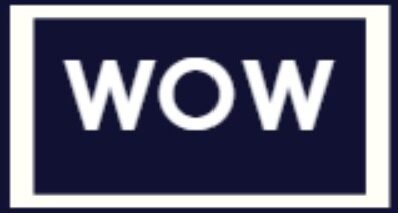Millions of American seniors are set to receive a major financial boost this month as the government rolls out a $1,500 Social Security bonus payment through direct deposit. The Social Security Administration (SSA) has confirmed that eligible retirees will automatically receive this additional payment, designed to help offset rising costs of living, healthcare expenses, and inflation pressures. For retirees living on fixed incomes, this $1,500 boost provides welcome relief and additional financial security.
Why the $1,500 Social Security Bonus Is Being Issued
The $1,500 direct deposit is part of a targeted initiative by the SSA to ensure seniors receive the full financial support they are entitled to. The payment comes as part of a combination of Cost-of-Living Adjustments (COLA), underpayment corrections, and special relief efforts for qualifying beneficiaries. Inflation has driven up essential expenses, prompting federal agencies to issue additional payments to maintain the purchasing power of retirees’ benefits. For many, this $1,500 will arrive as either a one-time bonus or as part of an adjusted monthly deposit.
Who Qualifies for the $1,500 Payment
Not all Social Security recipients will receive the $1,500 boost, but millions of seniors qualify based on specific eligibility criteria. The primary groups include:
- Retirees aged 65 and older currently receiving Social Security benefits
- Individuals enrolled in Supplemental Security Income (SSI) or Social Security Disability Insurance (SSDI)
- Seniors who missed previous COLA adjustments or underpayment corrections
- Retired veterans and low-income individuals receiving federal assistance under SSA programs
Eligibility is determined automatically through SSA records, meaning seniors do not need to apply or submit additional forms to receive their payment.
When Payments Will Be Distributed
The SSA has scheduled the $1,500 Social Security bonus payments to begin rolling out this month. The deposit dates follow the standard SSA payment calendar based on the recipient’s date of birth:
- Beneficiaries born between the 1st and 10th will receive their payment in the second week.
- Those born between the 11th and 20th will receive their payment in the third week.
- Those born after the 20th will receive theirs during the final week of the month.
Seniors who receive benefits via direct deposit will get their funds faster, while mailed paper checks may take a few extra days to arrive.
How to Check Your Payment Status
To verify if you are included in the $1,500 bonus rollout, seniors can log in to their my Social Security account or review their latest SSA payment notice. Payment details will appear under “Benefit Payment Information.” Recipients should also ensure their direct deposit and contact details are current to avoid delays.
Why This Payment Matters for Seniors
With costs of living continuing to rise across the U.S., the $1,500 Social Security bonus provides much-needed relief for retirees managing tight budgets. Many seniors have faced challenges keeping up with rent, medication, and utility bills, making this extra deposit especially valuable. Financial analysts note that these payments help stabilize economic confidence among retirees and support local economies through increased spending.
FAQs
1. Who is eligible for the $1,500 Social Security bonus?
Seniors aged 65 and older who currently receive Social Security, SSI, or SSDI benefits are eligible. Certain low-income and veteran retirees may also qualify.
2. Do I need to apply for the $1,500 payment?
No. The payment will be sent automatically to eligible recipients. The SSA uses its database to identify qualified beneficiaries and process direct deposits.
3. When will the $1,500 payments arrive?
Payments are rolling out this month based on the SSA’s regular payment schedule, which depends on the beneficiary’s birth date.
4. How will I receive the $1,500 bonus?
Most beneficiaries will receive it via direct deposit into their bank account. Those not enrolled in direct deposit will receive a paper check by mail.

